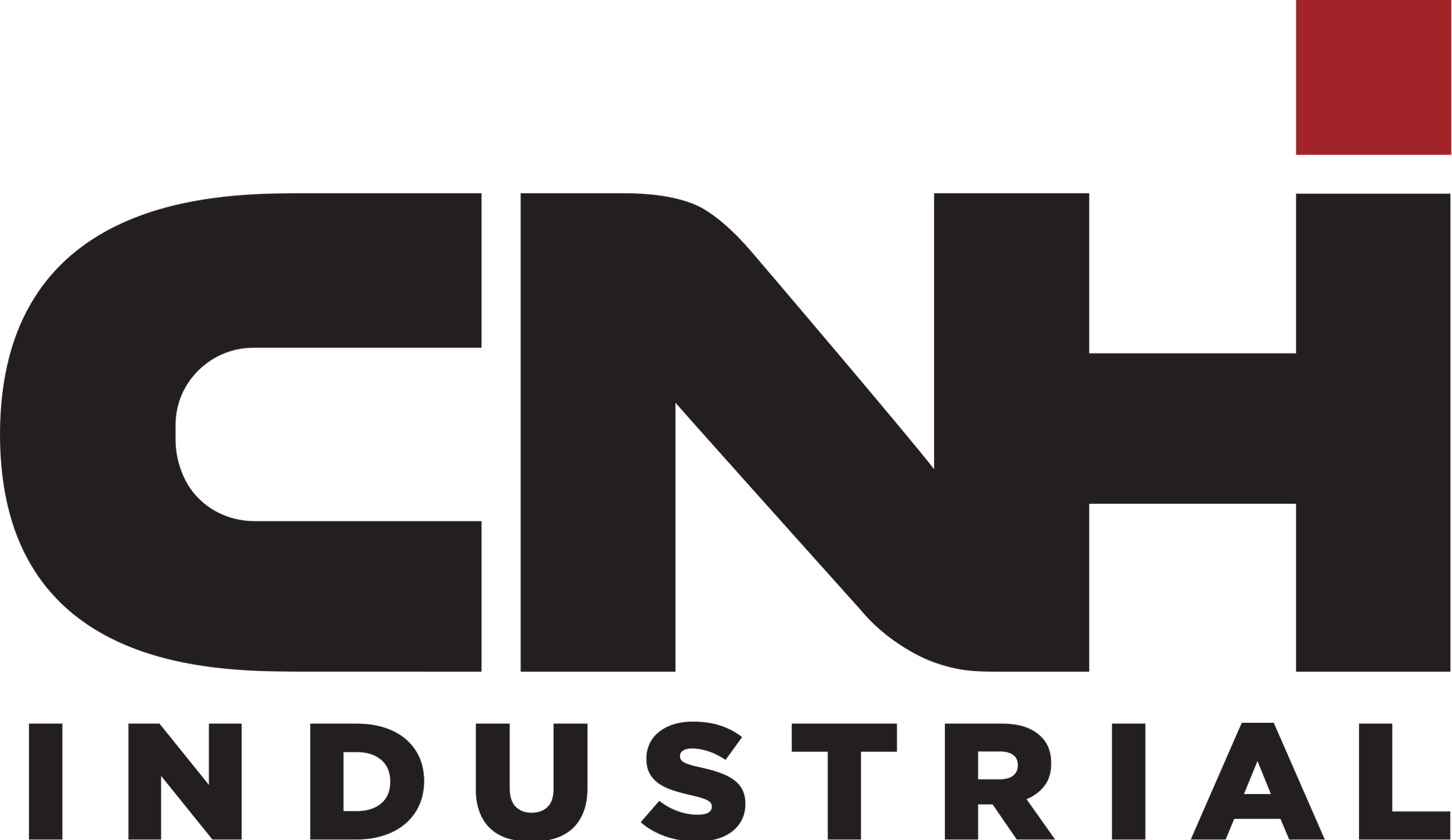Powertrain & Transmission Aeration
Aeration Awareness Is A Critical Factor
In Your Engineering Success
When designing transmissions, gearboxes, or engines, understanding and managing aeration is crucial yet often overlooked. Aeration can silently sabotage hydraulic and lubrication systems, affecting efficiency and longevity. Here's why prioritizing aeration management is essential for your engineering projects:
Performance Impact: Aeration can significantly reduce the effectiveness of hydraulic systems, leading to decreased performance and potential system failures.
Durability Concerns: Systems with poor aeration management are more prone to wear and tear, compromising the durability of your design.
Noise and Vibration: Excessive aeration can lead to increased noise and vibration, which not only affects the operational smoothness but can also signal underlying issues.
Heat Management Challenges: Aerated oils have reduced ability to manage heat, potentially leading to overheating and damage in high-performance scenarios.
Reliability and Trust: In an industry where reliability is paramount, ensuring your design minimizes aeration is key to building trust and credibility in your engineering solutions.
Understanding aeration and its impacts is vital in your quest to design robust, efficient, and reliable systems. It's not just about solving a technical problem; it's about ensuring excellence and reliability in every aspect of your engineering project.





